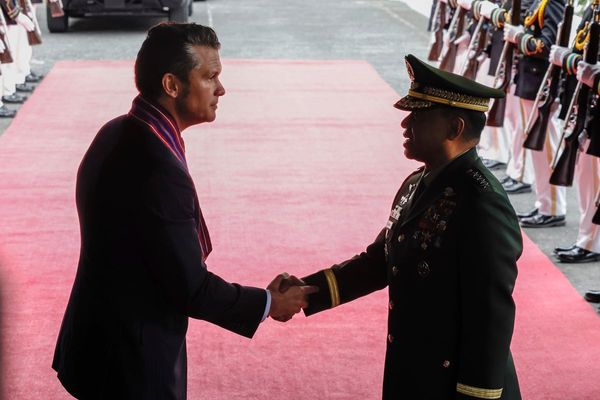The move by the Metropolitan Transport Corporation (MTC) in Chennai to outsource bus drivers and conductors through private manpower agencies is a “dangerous experiment”, which will lead to discrimination in salary between workers doing the same job, besides encouraging many other unfair labour practices, the Madras High Court has said.
Justice R. Hemalatha made the observation while quashing the MTC’s September 30, 2023 tender notification for outsourcing drivers and conductors through manpower agencies. She directed the MTC as well as the Tamil Nadu State Transport Corporation (TNSTC) to fill all vacancies for drivers, conductors, drivers-cum-conductors, and technicians only through direct recruitment.
The orders were passed while the court partly allowed a writ petition filed by the Tamil Nadu State Transport Employees Federation, affiliated to the Centre of Indian Trade Unions (CITU). Its counsel V. Ajoy Khose contended that it was “unacceptable, unethical and illegal’’ for the MTC to outsource workers in violation of an agreement reached in 1992 to fill vacancies only through direct recruitment.
He argued that such a tender ought not to have been floated by the MTC when the Labour Department was seized of the issue and advised all transport corporations to maintain status quo until the conciliation talks attained finality. He said it was “arbitrary and capricious” on the part of the MTC to have issued the tender notification in the midst of the conciliation proceedings.
On the other hand, Additional Advocate-General R. Ramanlal argued that the advisory issued by the Joint Commissioner of Labour had no legal binding. Arguing that the transport corporations were facing an acute shortage of staff owing to the prolonged absence by many employees, he said outsourcing the drivers and the conductors would also prevent issues such as frequent strikes by permanent workers.
However, disagreeing with his submissions, Justice Hemalatha said there was every possibility of the contract workers coming together to form unions. She also disapproved of the practice of trade unions being looked upon with contempt and said it was essential to have a strong union so that “the conscience of the management remains alert” on all occasions.
She said the communal reservation system followed in direct recruitment would go for a toss if the transport corporations started outsourcing employees. Further, there would be a pay disparity between outsourced employees and the permanent employees. Problems might also arise in payment of compensation when the outsourced drivers ended up causing road accidents.
On the other hand, a prolonged absence of permanent employees, leading to staff shortage, could be tackled by strengthening the Standing Orders and appointing drivers-cum-conductors who could serve either as a driver or as a conductor depending upon the necessity. “In my opinion, outsourcing the employees will only cause further trouble for the management,” she concluded.
Though the petitioner association had insisted upon initiation of criminal prosecution too against transport corporation officials for having decided to outsource the employees during the pendency of the conciliation talks under the Industrial Disputes Act, the judge rejected that prayer alone. “The writ petition is allowed except for the fourth prayer for criminal prosecution as the same is unwarranted and is dismissed,” she wrote.







